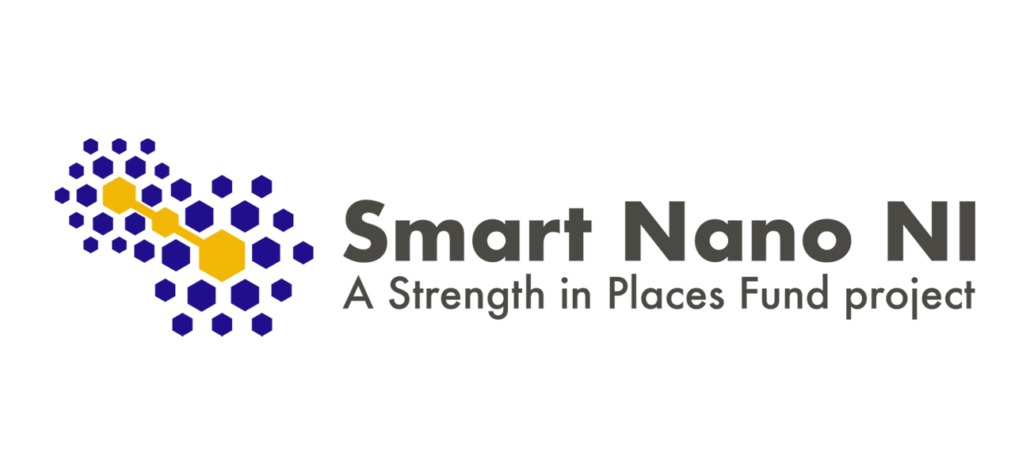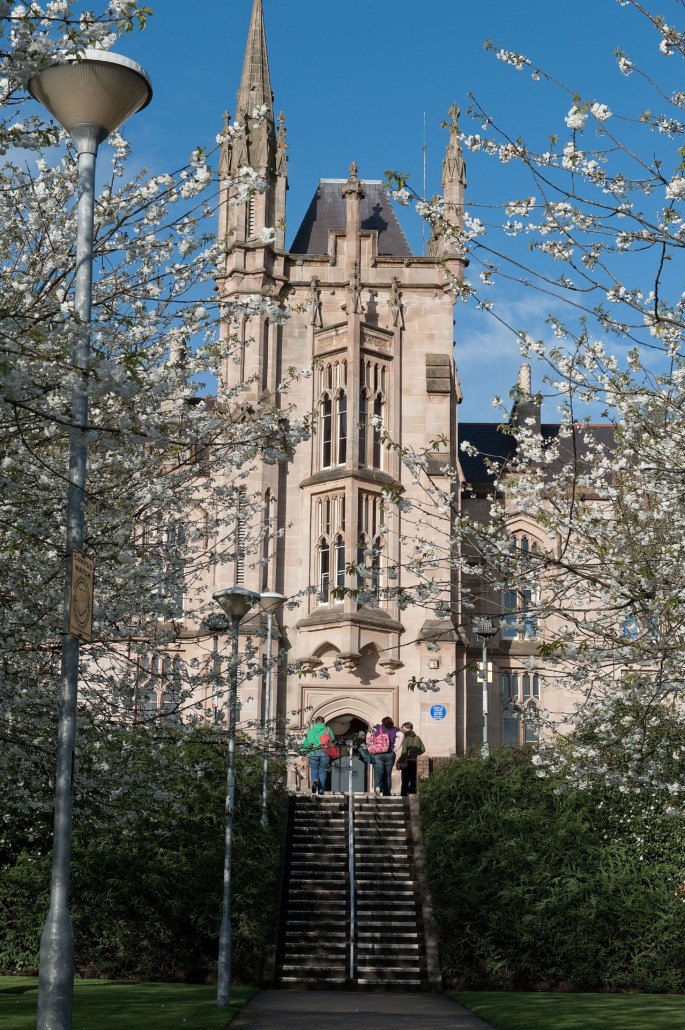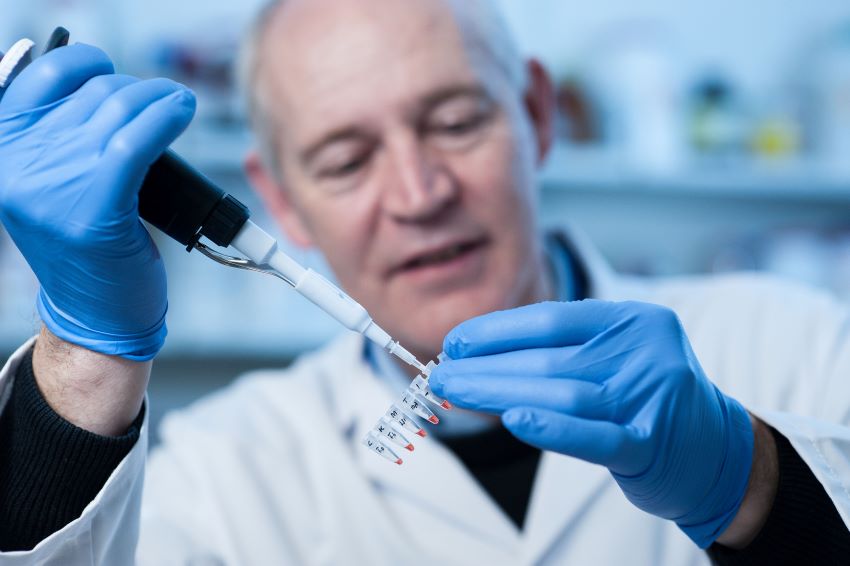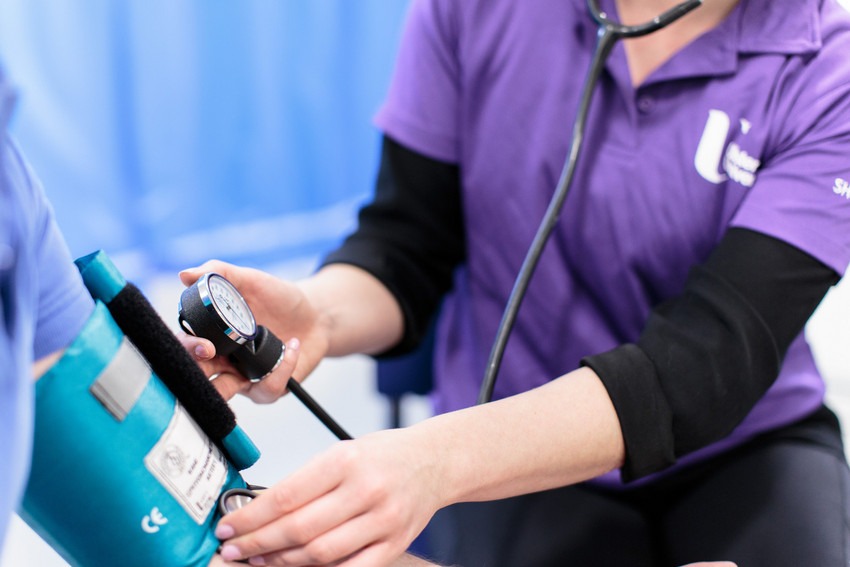£42.4 m has been awarded to Smart Nano NI – a Northern Ireland nano technology consortium to develop new technology for medical devices, communication and data storage.
The funding, which has been awarded by the UK Research and Innovation’s (UKRI) Strength in Places Fund presents a game-changing opportunity for Northern Ireland’s nano technology and manufacturing sector and launches the necessary support to scale up capacity in device manufacturing, underpin and develop hundreds of jobs across the sector. The total project value, including leveraged funding from other sources is £63.9m.

Smart Nano NI is led by data company Seagate Technology in collaboration with Analytics Engines, Causeway Sensors, Cirdan Imaging, Digital Catapult NI, North West Regional College, Queen’s University Belfast, Ulster University and Yelo (the “Consortium”). The eight partners form a corridor of expertise from Derry~Londonderry to Belfast.
The funding award was made after a highly competitive process with projects from across the UK. It will further consolidate Northern Ireland’s position as a global leader for excellence in the field of nano technologies as well as delivering a significant and lasting impact on our local economy.
This is a once in a generation opportunity for Northern Ireland. The Consortium will accelerate the work of developing transformative advanced prototyping and smart manufacturing methods. This will allow for the delivery of new technologies as researchers and industry partners work together to develop new sensors for healthcare and optical communications leveraging the vast wealth of Northern Ireland’s research and industry knowledge. The Consortium will build capacity and new prototypes in the spheres of medical devices, communication, and data storage.
Northern Ireland has a unique cluster of expertise in this globally expanding field. The collaboration between all the members located along the Derry Londonderry / Belfast corridor will enable the establishment of a Centre of Excellence. This will enable advances in the Life and Health Sciences as well as exploiting the potential of photonics and nanotech in other high-growth sectors through knowledge transfer.
Smart Nano NI’s Dr Mark Gubbins said: “We are delighted and honoured to secure this investment which will deliver significant benefits for the economic growth of the region and the “corridor” of businesses from Belfast to Derry~Londonderry ensuring a levelling up of shared opportunities. We can now advance Northern Ireland’s niche capability around smart nano manufacturing and world-leading knowledge in photonics to create a self-sustaining local industry. It allows us to capitalise on the combined expertise of our companies and the availability of trained researchers and resources across our academic institutions”.
Economy Minister Gordon Lyons said: “I wish to congratulate and acknowledge the outstanding team behind this achievement. Securing this funding through UKRI Strength in Places is a major boost for our economy and our post Covid recovery journey and is a testament to the power of collaboration and the calibre of Northern Ireland companies. It will create new commercial opportunities, will drive economic growth and help tackle productivity challenges, and invigorate our manufacturing sector.”
Further Information: media@smartnanoni.com or maria@mccannpr.com or mobile 07802934246 or 02890 666322








